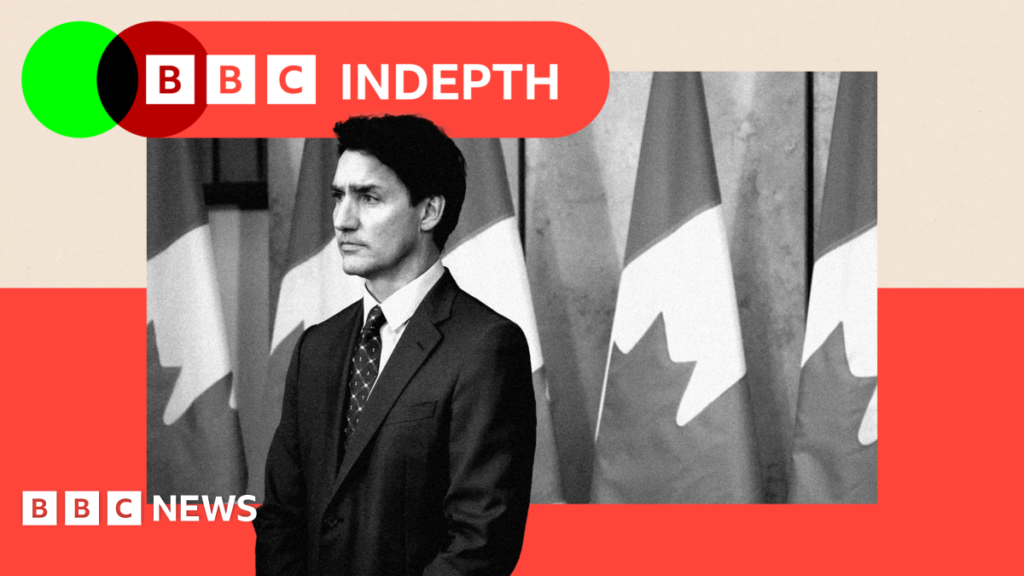A total of about 2.4 million Canadian families live in homes that are too small, in need of urgent major repairs or are seriously unaffordable, according to a government report released in December.
This housing shortage has peaked at the same time as inflation has hit Canadians hard – and those problems have in turn moved another issue up the country’s agenda: immigration.
For the first time, most Canadians, who have long welcomed newcomers, are wondering how their cities can manage.
Politics in other Western countries has long been shrouded in polar debates over immigration, but until recently Canada has largely avoided the issue, perhaps because of its geography. Now, however, it is clear that the attitude towards it has changed significantly.
According to a survey conducted by research firm Environics, in 2022, 27% of Canadians said there were too many immigrants coming to the country. Until 2024 this figure increased to 58%.
Advocacy groups have also sprung up in Ottawa, Vancouver and Calgary, as well as elsewhere in the country, and anti-immigration protest marches have taken place.
“I would say it was a big taboo, like nobody wanted to talk about it,” explains Peter Kratzar, a software engineer and founder of Cost of Living Canada, a protest group formed in 2024. “(But) things have really thawed.”

